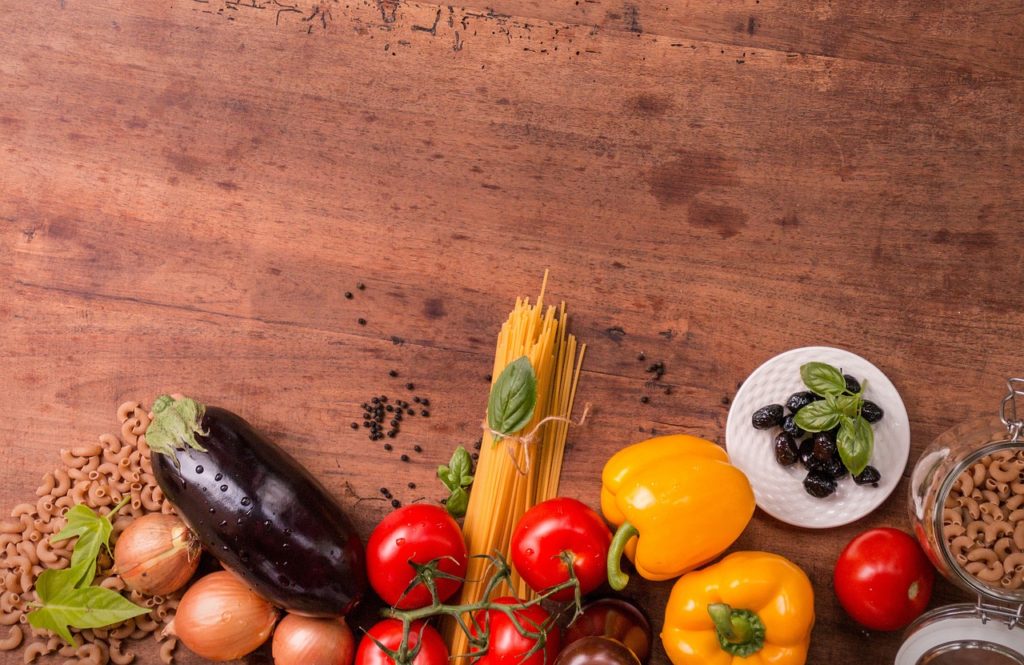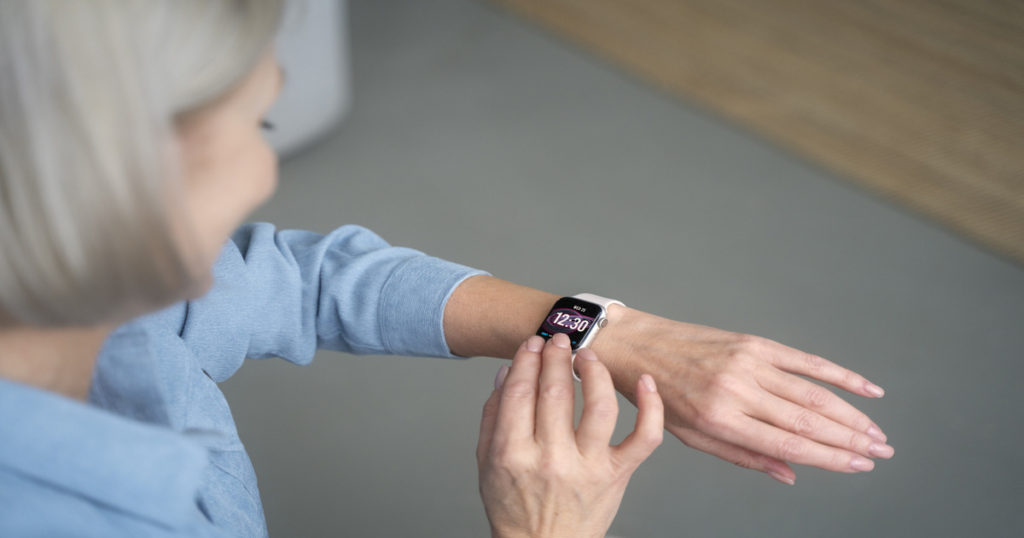By: Melanie C. – Agely
Food and good nutrition are important for all of us, but for seniors it’s essential. Proper nutrition helps elders stay healthy and may decrease the risk of some diseases including high blood pressure, heart disease, type 2 diabetes, and certain cancers, according to medlineplus.org. But eating well is not always easy as people get on in years.
As we age, our muscle mass decreases, our thirst lessens and we don’t need as many calories as we once did. It’s important to drink water and stay hydrated. It’s recommended for elders to eat foods from all food groups (fruits, vegetables, grains, proteins and dairy). Choose foods with little or no added sugar, saturated fats or salt, myplate.gov recommends. Make sure to get enough protein to maintain muscle mass. And then you also need enough potassium, calcium, Vitamin D and Vitamin B12. Elders are more likely to develop vitamin B12 deficiencies because their bodies are often unable to fully absorb vitamin B12, according to my.clevelandclinic.org.
A vitamin B12 deficiency can cause a host of problems including: feeling tired or weak, nausea, yellowish skin, vision problems, having a difficult time remembering things or getting confused easily, having a challenging time walking or speaking, depression and irritability, according to my.clevelandclinic.org. If the vitamin deficiency goes untreated, it can result in memory loss and incontinence, among other problems. The vitamin deficiency can be detected with a blood test. Foods that are high in vitamin B12 include: red meat, fish and shellfish, milk, cheese, eggs and some fortified breakfast cereals.
While we may know what we should be eating, getting that food may become more physically challenging as we age. Luckily, there are meal kit delivery services such as Blue Apron (blueapron.com), grocery delivery apps like Ubereats and the website Safeway.com. For some, however, we may have less money in our later years.
According to feedingamerica.org, one in 15 Americans over 60 years old faced hunger in 2020. That’s 6.8 percent of all seniors. That hunger can take a toll on elders’ health, putting them at risk for chronic health conditions like depression, asthma and diabetes. There is a Hunger Hotline, at 1-866-3-HUNGRY, people can call to find out about food resources in their community. There are nutrition programs like the Supplemental Nutrition Assistance Program, or SNAP, that help seniors afford food. SNAP, once known as the Food Stamp Program, is the nations’s most important anti-hunger program. In 2021, SNAP helped more than 41 million low-income people in the U.S. afford food, according to the Center on Budget and Policy Priorities.
There are also food banks, congregate meals sites, home delivered meal services (such as mealsonwheelsamerica.org) and home delivered groceries in many communities. A good way for seniors to fight depression and loneliness is to have meals with other elders as part of a congregate meal program, often at a senior center. These meals are usually low cost or free to seniors.
For example, the non-profit Russian American Community Services Association of San Francisco offers congregate meals, home delivered meals and a home delivered grocery program. In New York City, Citymeals on Wheels provides healthy meals to 20,000 homebound elderly residents, according to citymeals.org. What matters is that elders get the nutrition they need, whether it’s a meal at the local senior center, food delivered from an app or groceries brought home themselves.




